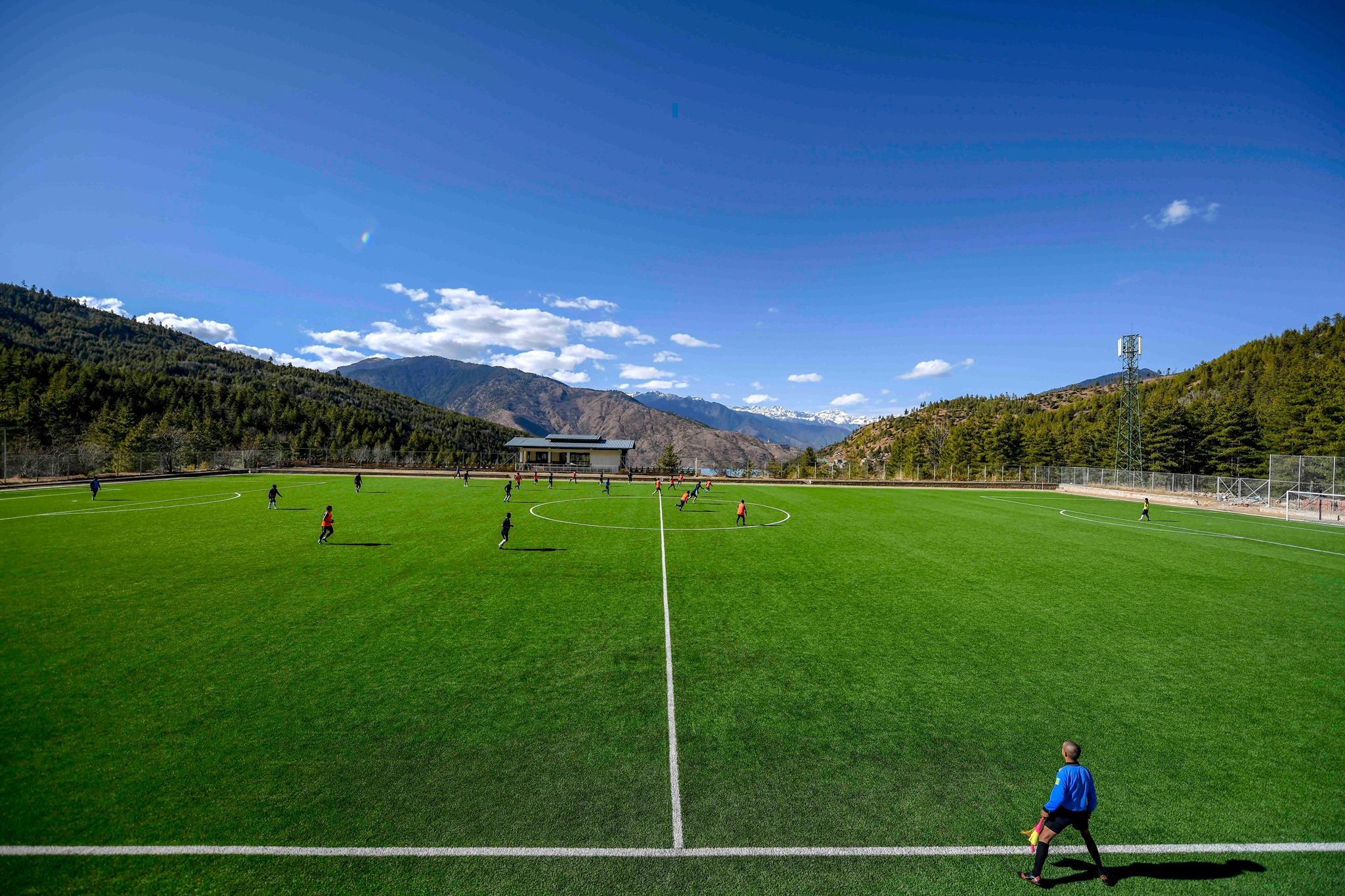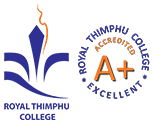RTC Happenings
1: How does the credit transfer system work for the Study Abroad Programme?
The credit transfer system involves assessing the courses you complete abroad and equating them to RTC’s curriculum. Consult with IRO to ensure a smooth transfer and maximize the recognition of your overseas studies.
2: What are the conditional fees payable to RTC (home university) for participating in the Study Abroad Programme?
Conditional fees vary based on the exchange requirements of the selected region.
3: How does the visa process work for studying abroad?
The visa process depends on the host country. The participants shall carry out the Schengen Visa Application Process at VFS in Thimphu, located in Thimphu Plaza, 5th floor, Chang Lam for the study abroad programs in the following countries (subject to change):
- Denmark
- Switzerland
- Germany
- Sweden
- Belgium
- France
- Norway
- Czech Republic
- Lebanon
- Austria
Visa application for the USA needs to be done in New Delhi, India. The visa application process will be explained by the International Relations Officers after selection and confirmation of the programme.
4: What are the overall expenses for the Study Abroad Programme?
Total expenses include conditional fees, visa fees, airfare to Delhi (in case your study abroad destination’s visa application is not listed in the Thimphu VFS List), transportation, health insurance, and personal expenses. Students are expected to create a budget considering these factors.
5: Are there language requirements for the Study Abroad Programme?
English is the medium of study, however, students need to ensure that they meet the English proficiency standards set by the host institution, some partners provide a mandate to submit an IELTS or TOEFL test result accordingly. Some programs may offer their language courses as part of the curriculum.
6: What support services are available for international students?
Many universities offer support services such as orientation programs, academic advising, cultural integration activities, and counselling services. Familiarize yourself with the available resources to ease your transition.
7: Can I work part-time while studying abroad?
Check the regulations of the host country. Some places allow international students to work part-time during their studies on campus. Contact your focal person at the International Relations Office.

- Registration of vehicles at the college entrance gate is compulsory.
- Car-pooling is highly recommended for ease of registration at the college gate.
- Loitering around the campus after the football match is not allowed.
- Spectators (Friends, children, relatives etc.) will not be allowed.
- College Campus is non-smoking zones.
- Please comply with the college security protocols and other rules and regulations.
Booking guidelines, payment & refunds for OPEN Slots made available
1. Allocation of the slots shall be done on the basis of ‘First-Pay-First-Served’.
2. Please contact Mr. Ganesh Pokhrel at 17700572, ext 105 / Email: This email address is being protected from spambots. You need JavaScript enabled to view it. or Tashi, Male Mentor at 17894357 / 351801, ext 137 / Email: This email address is being protected from spambots. You need JavaScript enabled to view it.
3. To confirm the booking, 100% payment of the charges will need to be made immediately.
4. Only online payment/transfer to RTC BOB account no. 100917217 will be accepted. Cash Payments will not be accepted.
5. Proof of payment - journal number or screenshot of the payment transaction/journal number must be submitted via email for confirmation.
6. Refunds: NO SHOW NO REFUND. If teams do not show up for the game after making the payment, refunds will not be entertained.
7. Timing shall be strictly adhered to. Irrespective of whether the game has ended or not, the field shall be vacated for the next slot without any requests for continuation of the game. Even if there was a delayed start of the game or for any other reason whatsoever, the field shall be vacated for the next slot at the designated time slot.
8. RTC reserves the right to cancel the bookings without assigning any reasons thereof. In such a case, 100% fees paid shall be refunded or another available slot may be allotted if agreeable.
9. By confirming the payment/booking, the team agrees to strictly abide by all the terms and conditions for use of the football field as set by the RTC Management (parking, behaviours, etc.)
Ground rules for football field (Dos & Don’ts)
- Please adhere to the time schedule and respect your opponents.
- The football field and changing rooms are smoke free zones. Anyone found in violation will be penalised.
- Please take care of your belongings. RTC will not be responsible for any lost or stolen items.
- Vandalism and graffiti will be dealt with seriously.
- All waste should be disposed of properly in the bins provided.
- No pets are allowed.
- The schedule is subject to change according to the feedback.
Erasmus+ is an EU funded programme to support education, training, youth and sport in Europe. It offers mobility and cooperation opportunities in higher education, vocational and training, K-12 school education (including early childhood education and care), adult education, youth, and sports. Royal Thimphu College has been actively participating in the Erasmus+ programme. Under Erasmus+, RTC engages in Key Action 1 and Key action 2 programmes.
Key Action 1: Learning Mobility of Individual
This higher education mobility initiative facilitates both physical and blended mobility experiences for students across study fields and cycles, including short cycle, bachelor, master, and doctoral levels. Students have the flexibility to study abroad at partner higher education institutions or engage in traineeships within enterprises, research institutes, laboratories, organisations, or other relevant workplaces abroad. Encouraging the combination of study periods with traineeships enhances learning outcomes and the development of transversal skills.
Student mobilities encompass either semester-long or year-long study programmes at the partner universities for outgoing students and at RTC for incoming students. Our staff exchanges typically span from a week to three months, aligning with the varied programme durations established with our esteemed partner institutions.
Key Action 2: Cooperation among organizations and institutions
This Key Action encompasses various collaborative initiatives, ranging from nine months to three years, aimed at fostering innovation, excellence, and capacity building across higher education, vocational education and training, youth, and sports sectors. It supports Partnerships for Cooperation, Excellence, and Innovation, as well as Capacity Building projects and Not-for-profit European sports events.
RTC is a benefeciary of Erasmus+ Key Action 2 with multiple projects that set the foundation for numerous transformative initiatives. For more information on Erasmus programmes please visit the link here: https://erasmus-plus.ec.europa.eu/
https://www.rtc.bt/index.php/other-information/erasmus-friends
https://www.rtc.bt/index.php/other-information/erasmus-happy
https://www.rtc.bt/index.php/other-information/erasmus-encore
https://www.rtc.bt/index.php/other-information/erasmus-recall

